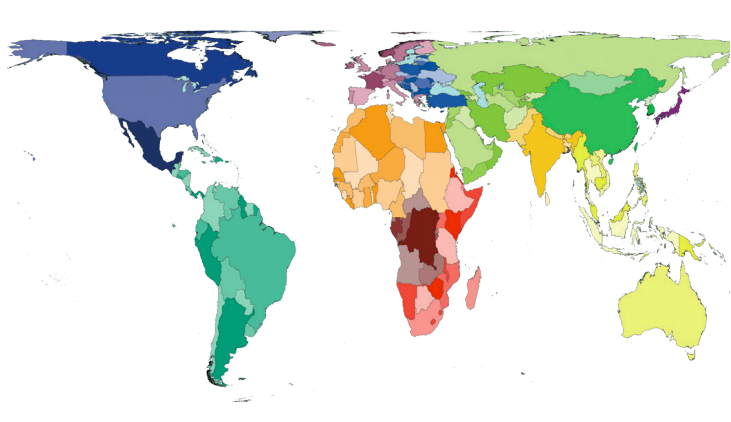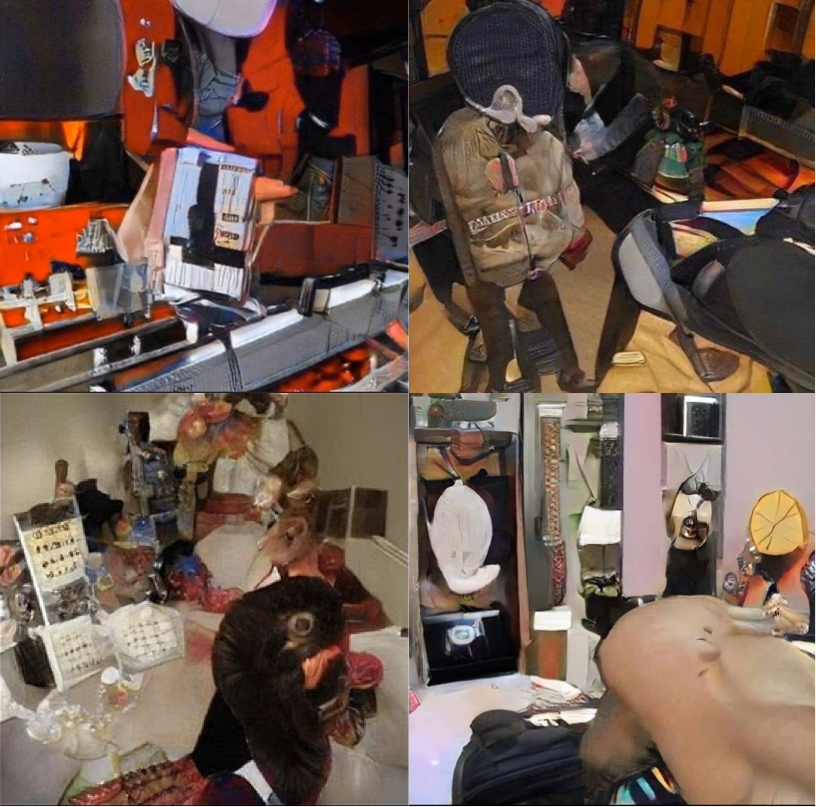Empathy Is Derived From The Perspective Pattern
 Elena Cabrera
·
2 minute read
Elena Cabrera
·
2 minute read
This blog has been partially adapted from A Literature Review of the Universal and Atomic Elements of Complex Cognition.
You cannot feel empathy without taking perspective. Empathy is "the ability to understand and share the feelings of another [1]." It was once thought to be unique to humans, but empathy is found in a variety of organisms.
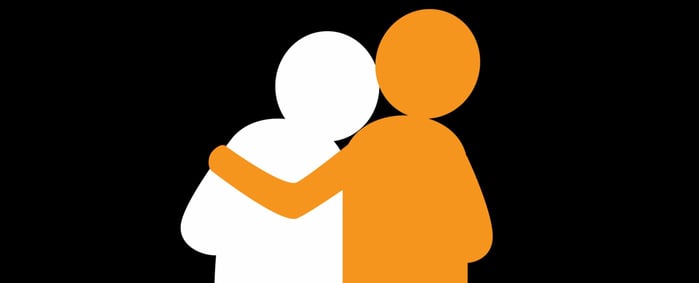
Figure 1: Empathy is a powerful relational tool.
Mafessoni and Lachmann [2] examined the cognitive origin of both empathy and emotional contagion. Their work challenged the mental model that empathy is rooted in social cooperation. They offer that, “contagious yawning, emotional contagion and empathy are characterized by the activation of similar neurophysiological states or responses in an observed individual and an observer [2].” Organisms of the same species share similar mindsets. They have the ability to be “constantly running simulations of what other minds might be doing [2].” In other words, empathy is borne of taking an other's perspective. Perspective taking (along with identity-other Distinctions) is the underlying cognitive process that allows organisms to be empathic. It is an innate cognitive act that bolsters emotional connection to others, and as social animals, it is essential for evolutionary success [3].
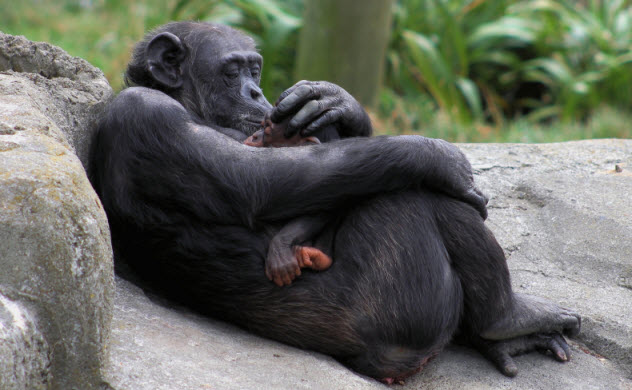
Figure 2: Empathy is seen in many other species.
Harwood and Farrar [4] examined the relationship between Perspective taking and empathy in children aged 3-5. They found that taking another’s perspective is key to the development of empathy and theory of mind abilities. Additionally, they found that perspective taking could be taught and encouraged in children at young ages. Interestingly, both empathy and theory of mind require the child to understand different or conflicting perspectives [3].

Figure 3: Young children are able to use their Perspective-taking abilities to empathize with one another.
Doing things for others with no benefit to oneself is motivated by empathy. Ben-Ami Bartal et al.’s research [5] tested if rats would engage in empathetic behavior if they had the opportunity. A rat was placed into a testing arena with either an empty restrainer or a restrainer that contained another rat that could be opened with a lever. Notably, the free rat worked to release the constrained rat, despite the fact that researchers encouraged the free rat to be selfish by introducing a second restrainer full of chocolate. In the end, the rats opened both containers and even shared the chocolate with the newly freed rat. This experiment shows that rats take Perspective and have empathy [3]. Their Perspective taking ability leads them to work in order to make another rat happier [3].
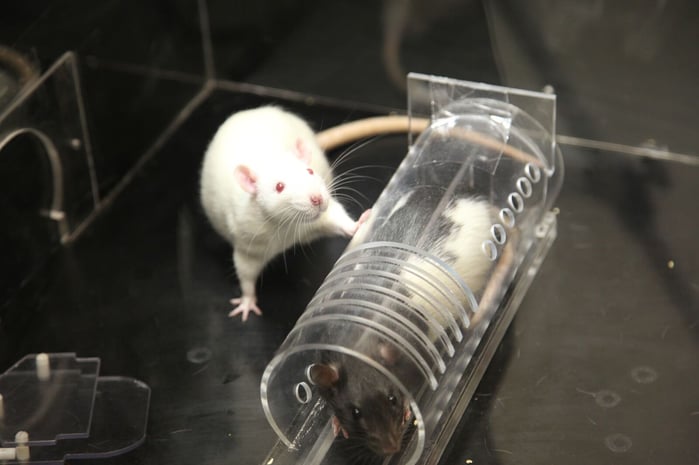
Figure 4: The free rat works hard to release the constrained rat.
The root of empathy is Perspective, which is fundamental to social organisms. Without it, we would not be able to coexist with one another. To increase empathy among us, we must start with building perspective taking skills, a fundamental element of systems thinking.
Want to learn more about how to use DSRP to benefit your life? Take our online course now and get certified in Systems Thinking.
References:
1. “Empathy.” n.d. Accessed January 7, 2021. https://www.oxfordlearnersdictionaries.com/us/definition/english/empathy?q=empathy.
2. Mafessoni, Fabrizio, and Michael Lachmann. 2019. “The Complexity of Understanding Others as the Evolutionary Origin of Empathy and Emotional Contagion.” Scientific Reports 9 (1): 5794.
3. D., Cabrera, Cabrera L., and E. Cabrera. 2020. “A Literature Review of the Universal Patterns and Atomic Elements of Complex Cognition.” Journal of Applied Systems Thinking 20: 6.
4. Harwood, Michelle D., and M. Jeffrey Farrar. 2006. “Conflicting Emotions: The Connection between Affective Perspective Taking and Theory of Mind.” The British Journal of Developmental Psychology 24 (2): 401–18.
5. Inbal Ben-Ami Bartal, Jean Decety, Peggy Mason, Helping a cagemate in need: empathy and pro-social behavior in rats. Science (2011).
.png?width=150&height=150&name=CRL%20GOAT%20Logo%20(4).png)


